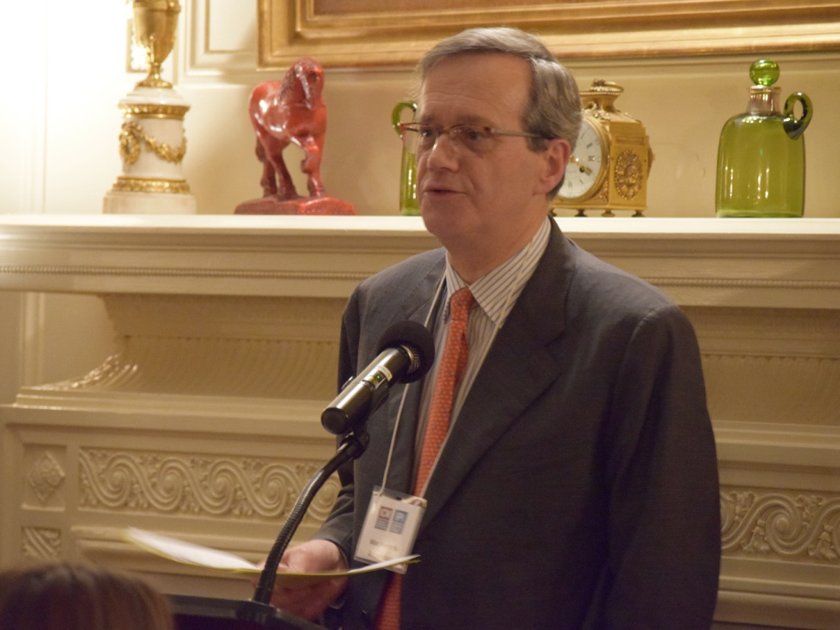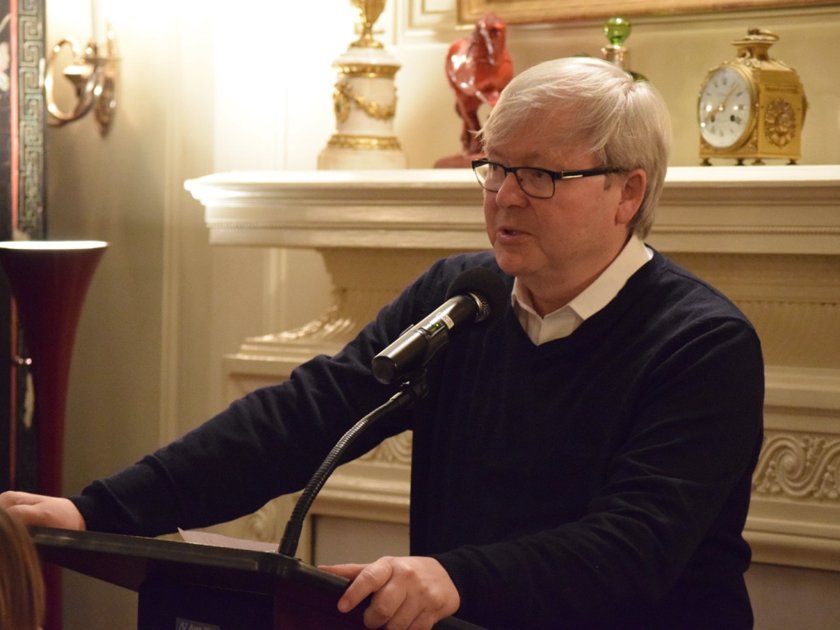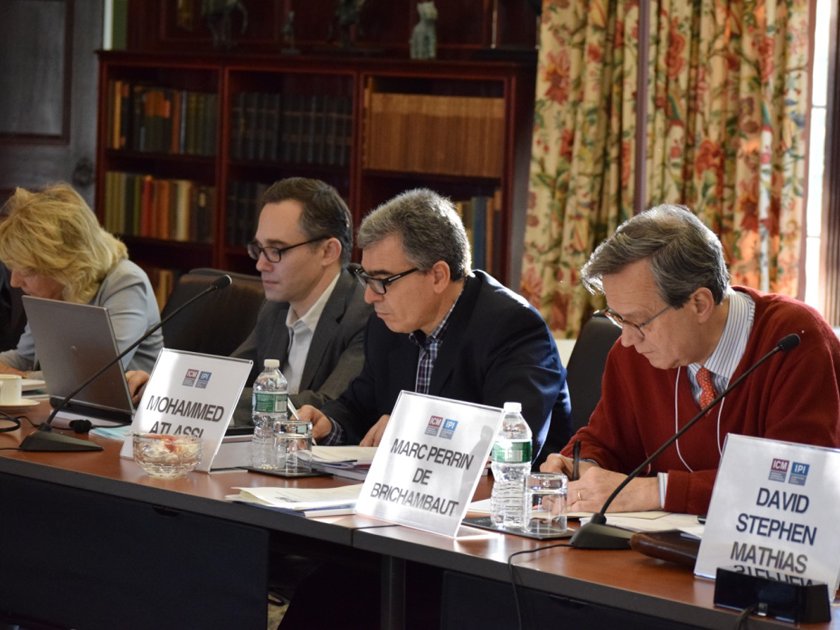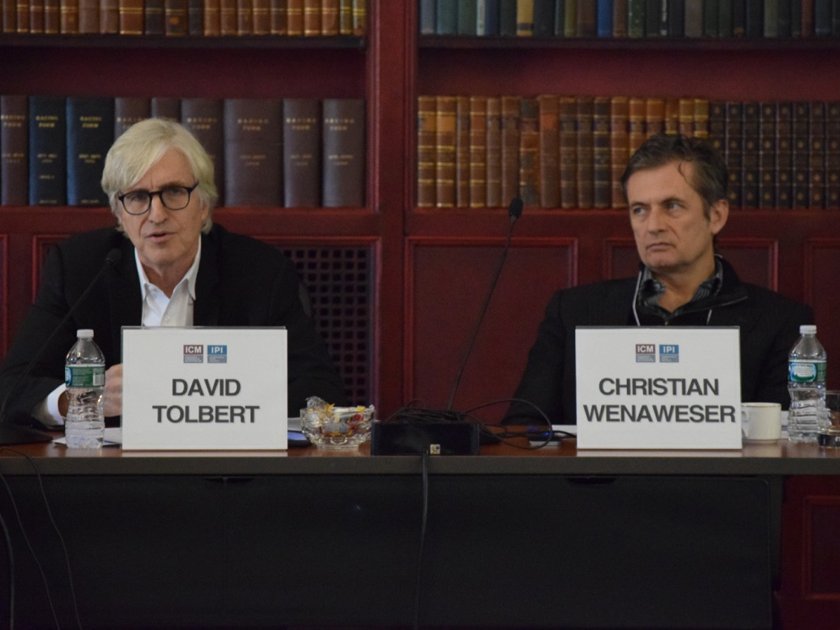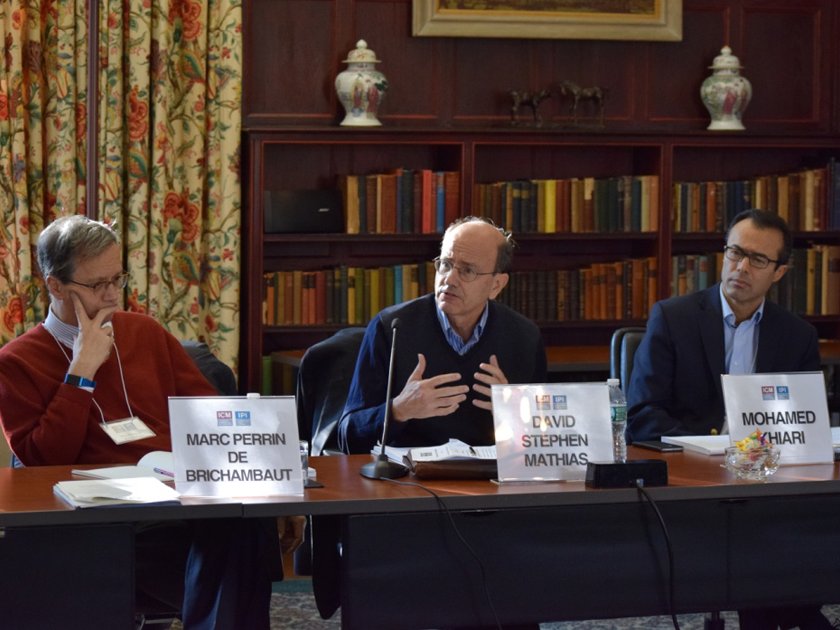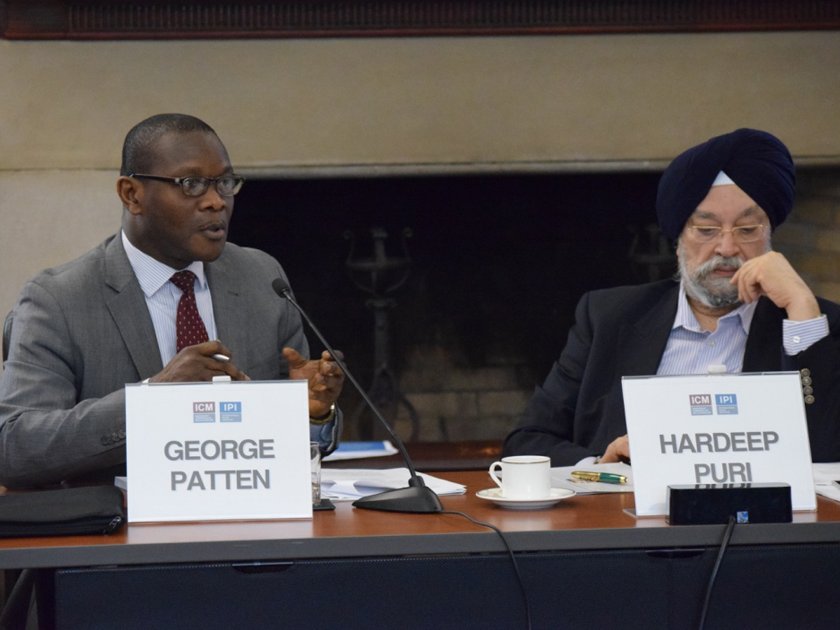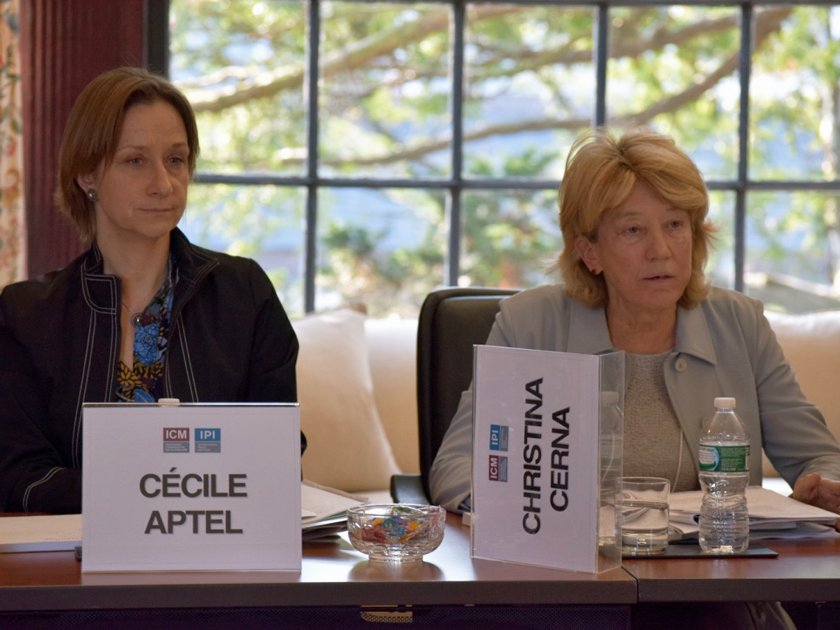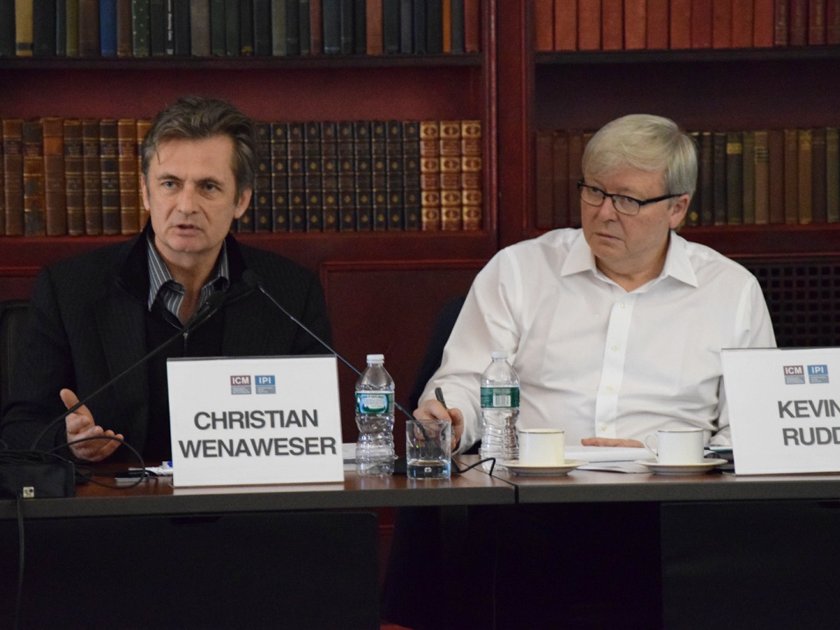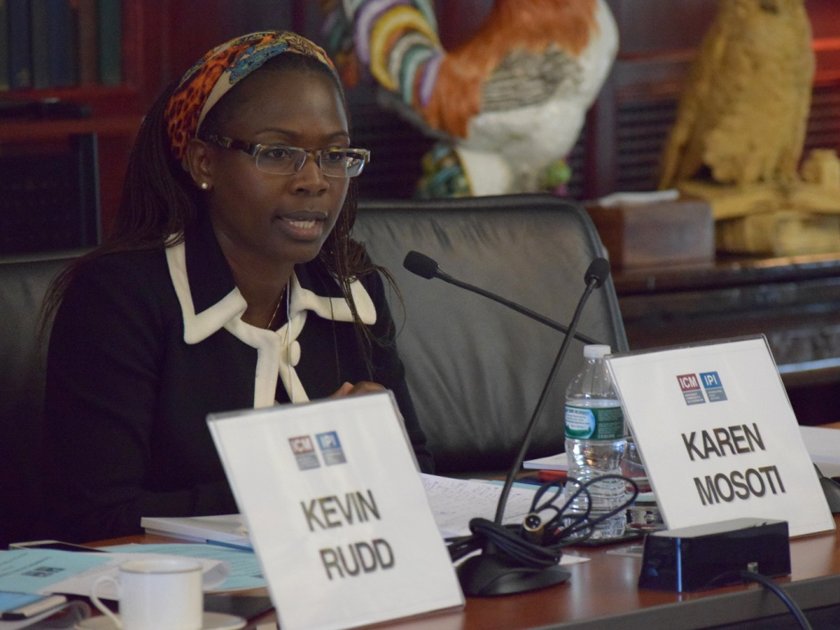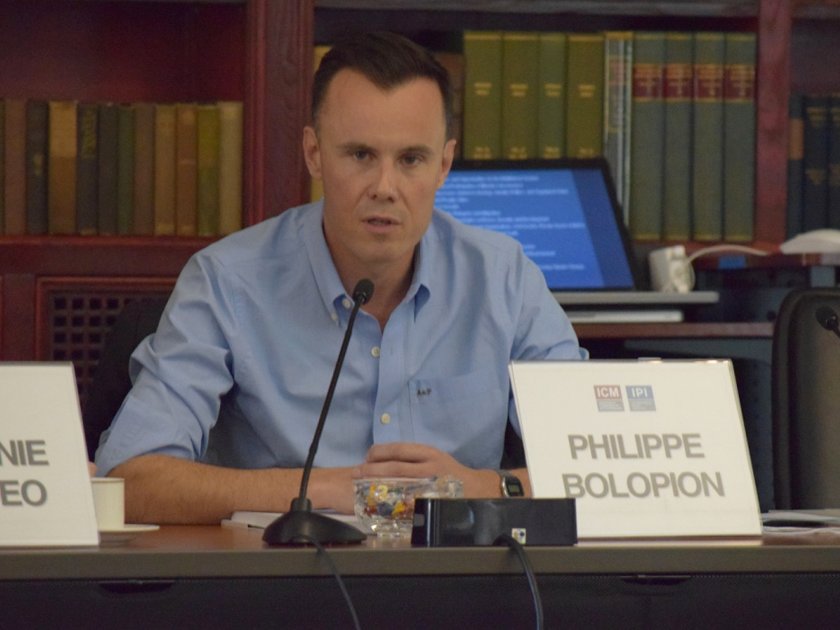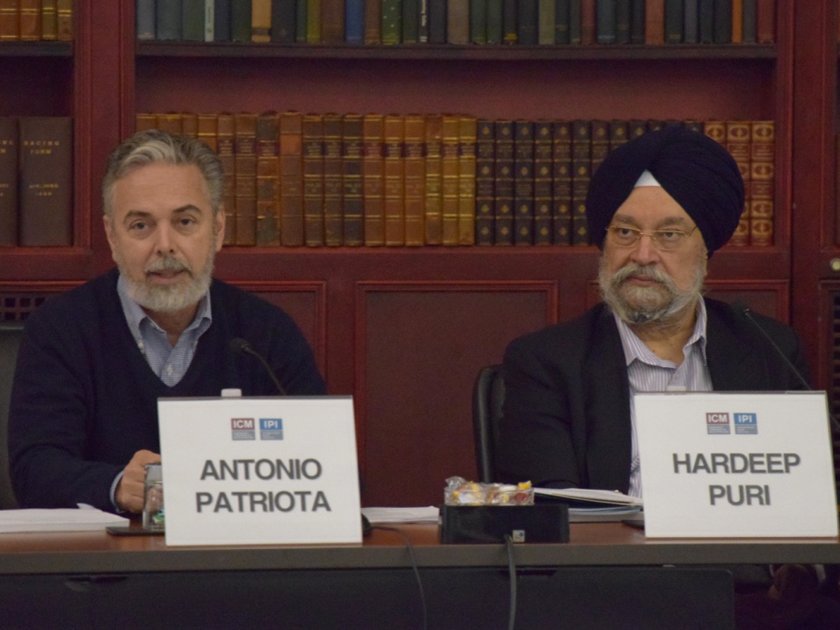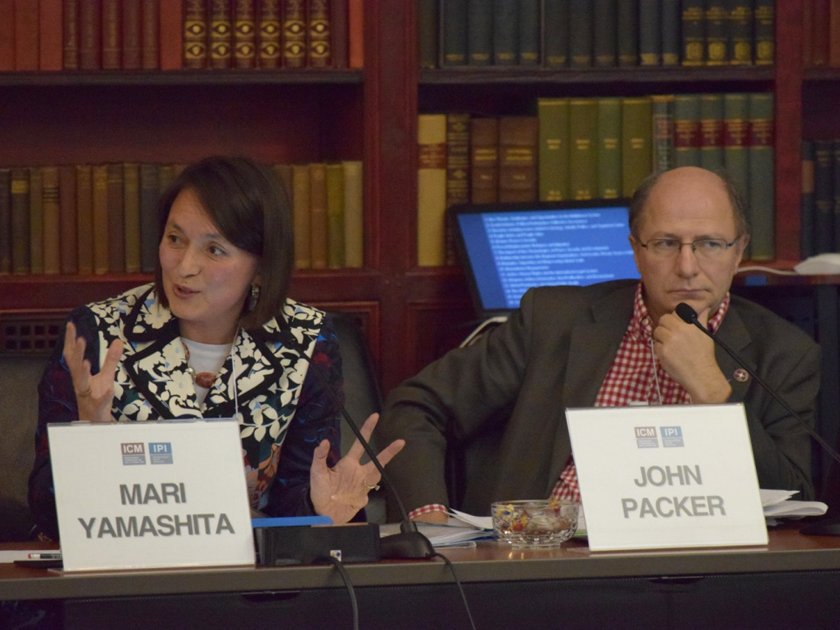Justice and accountability for human rights violations occupy a major place on the stage of international relations, both in the multilateral system anchored in the United Nations, as well as more globally. In recent decades, human rights norms and treaties have proliferated, a wide variety of international mechanisms to address violations were created, and a general commitment to combat impunity for those who violate these rights has emerged.
Regardless of the widespread implementation of human rights treaties and the establishment of a significant number of judicial and quasi-judicial mechanisms, progress is still being challenged across the world today. Overall, there are more states in violation of international human rights law than there are in full compliance.
This raises important questions about the efficacy of international instruments and processes that seek to guarantee full respect for human rights, as well as systematic access to justice and accountability when such rights are violated.
The ICM hosted its tenth retreat on December 11-12, with experts from the UN, academia, NGOs and civil society, as well as Ambassadors and senior officials from Member States. The retreat’s goal was to identify ways in which the multilateral system can ensure more effective respect and enforcement of human rights law, to better achieve justice and accountability for violations, and more generally reinforce the international legal system.
The first session of the retreat examined the role of the UN Security Council in the international legal system, analyzing the Council’s track record and identifying its strengths and weaknesses as an enforcer of human rights. The second session discussed alternatives to international criminal justice for enforcing human rights and ensuring accountability. The third and last session focused on identifying concrete ways to manage the often inevitable tensions between peace and justice and between peace and accountability.
Discussions were held under the Chatham House Rule of non-attribution and were moderated by ICM Chair Kevin Rudd, ICM Secretary-General Hardeep Singh Puri, and Ambassador Christian Wenaweser of Liechtenstein to the UN. H.E. Marc Perrin de Brichambaut, Judge of the International Criminal Court, delivered the keynote address. A Discussion Paper, based on the retreat discussions and an ICM paper, will be posted online in early 2016.
Read the ICM Interviews with:
Marc Perrin de Brichambaut
Philippe Bolopion

